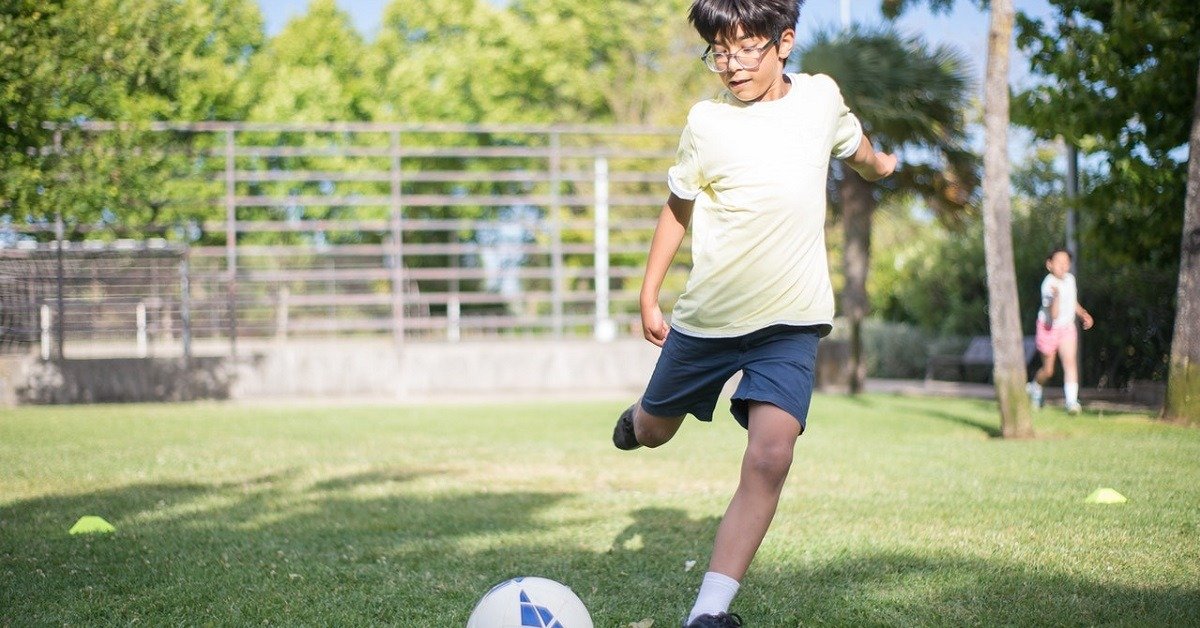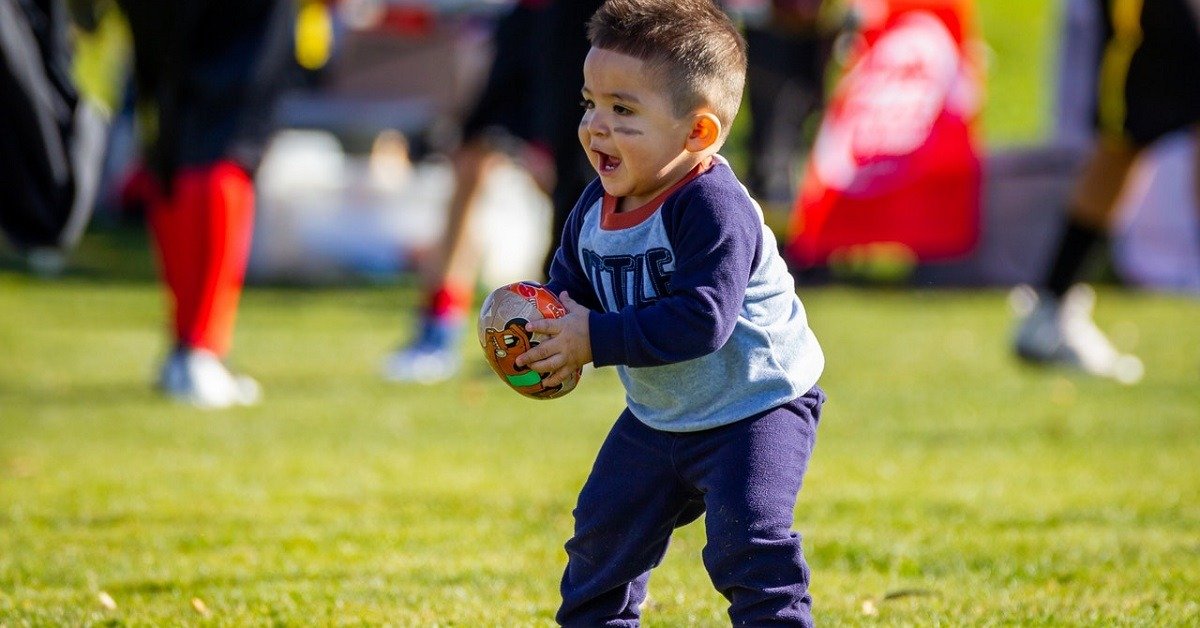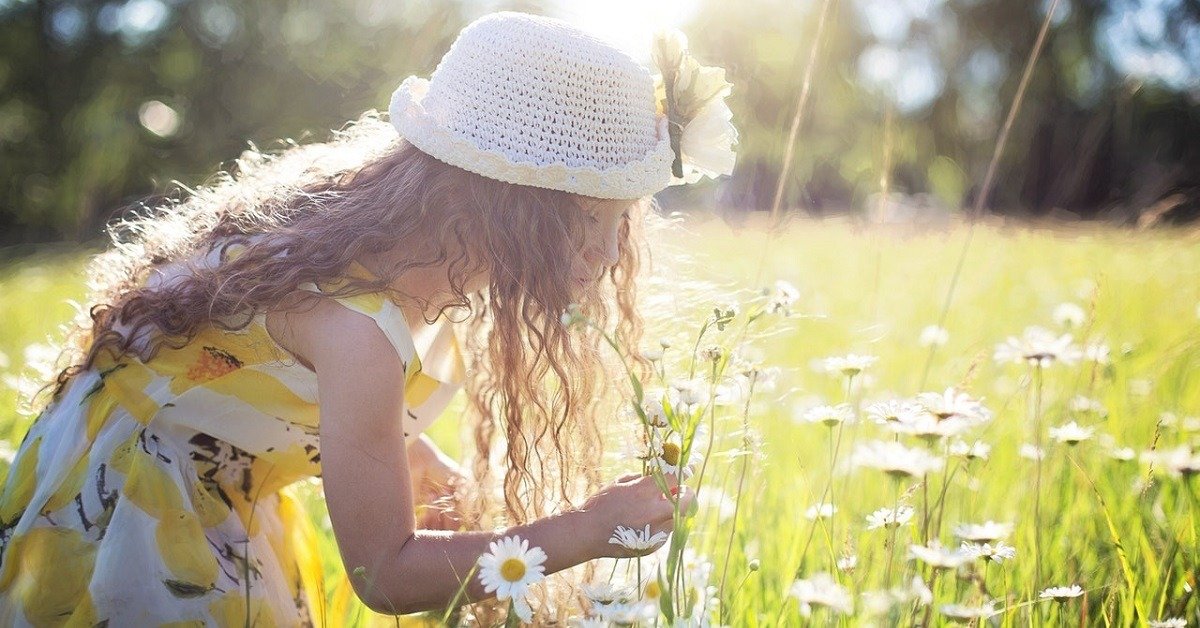
A disorder known as allergic rhinitis is what is commonly referred to as hayfever. It primarily affects your nose. Nevertheless, it can also impact the eyes, mouth, sinuses, and ears. People who are allergic to pollens often experience seasonal hayfever in the spring and summer. Hayfever that lasts the entire year is usually referred to as perennial hayfever. We’ve put together a guide to the best children’s hayfever treatment below.
How do I know if my Child has Hayfever?
Up to 30% of children suffer from hayfever, which means that it is fairly prevalent. Children who suffer from this condition frequently also have asthma, eczema, or food allergies.
Symptoms of hayfever in children include:
- Repeated episodes of sneezing
- A runny nose
- Stuffy nose (either one or both nostrils)
- Scratchy throat, nose, ears, and roof of the mouth
- Eyes that are watery, puffy, itching, or red
- Headaches
Untreated hayfever can result in restless nights, fatigue, and daytime lethargy. Hayfever can occasionally also:
- Make it harder to control asthma
- Raise the likelihood of sinus infections
- Impact your child’s academic progress and performance
- Result in throat pain, husky voice, and/or poor breath
- Make eye infections more common because kids tend to rub their inflamed eyes

What Causes Hayfever in Children?
What we breathe in can cause hayfever. Dust, pollen, and other minute particles are captured by the nose’s fine hairs and mucus. Some of the debris that becomes lodged in the nose of someone with hayfever causes an allergic reaction.
Triggers consist of:
- Pollen (from grasses, trees and flowers)
- Dust mites
- Animal hair or fur (dander)
- Mould spores
Dust mites and/or animal dander are the most likely allergens for a child who has perennial (year-round) hayfever.
Can a Child Suddenly Develop Hayfever?
In comparison to a cold, which frequently begins with a headache or scratchy throat, hayfever in children typically manifests itself quickly. While the symptoms of hayfever can last considerably longer and typically return in the same period each year, cold symptoms typically last 7-9 days.

Children’s Hayfever Treatment
Although hayfever cannot be treated, there are several strategies to lessen the symptoms and provide your child with some comfort.
The best strategy to lessen the frequency of a child’s hayfever attacks is to determine what triggers their allergic response and then make an effort to avoid or minimise contact with them.
Sometimes the reason is clear, like when there is no pet in the household, for example. Consult your pharmacist if you’re having problems determining what’s causing your child’s hayfever. To determine the cause, the pharmacist may inquire and may recommend allergy testing (such as an allergy blood test or a skin prick test).
If your child has a pollen allergy, keeping an eye on the pollen count in your area can help you predict when their hayfever will be at its worst.
To treat your child’s symptoms, your pharmacist can advise taking medicine, such as:
- Non-drowsy antihistamines
- Steroid nasal sprays, which could be beneficial for older kids
Your doctor or pharmacist can suggest the best medication for your child.
If your child has severe hayfever, immunotherapy might be an effective therapeutic choice. Long-term treatment known as immunotherapy includes exposing your child to trace levels of the allergen (the particles they are allergic to). Because of this, your child can gradually increase their sensitivity to the allergen. This will help them experience fewer symptoms in the long run. If your child is experiencing severe symptoms and other treatments aren’t working, talk to your pharmacist about immunotherapy.
Can a Pharmacist Help with Children’s Hayfever Treatment?
Talk to your pharmacist for help if you have hayfever.
They can offer suggestions for the most effective medications, such as antihistamine drops, tablets, or nasal sprays, to aid with:
- Sneezing, watery eyes, and itching
- A stuffy nose
Before visiting a pharmacy, give them a call or send an online message. You can ask someone to pick up your medications or have them delivered.

Key Points to Keep in Mind about Children’s Hayfever Treatment
- Hayfever primarily affects the nose
- Although it can happen at any time of year, spring and summer are the peak seasons
- The best strategy to lessen the frequency of hayfever symptoms is to avoid triggers
- Medications may be used to treat symptoms
Get treatment online today!


